
Deleuze is a key figure in poststructuralist French philosophy. Considering himself an empiricist and a vitalist, his body of work, which rests upon concepts such as multiplicity, constructivism, difference and desire, stands at a substantial remove from the main traditions of 20th century Continental thought. His thought locates him as an influential figure in present-day considerations of society, creativity and subjectivity. Notably, within his metaphysics he favored a Spinozian concept of a plane of immanence with everything a mode of one substance, and thus on the same level of existence. He argued, then, that there is no good and evil, but rather only relationships which are beneficial or harmful to the particular individuals. This ethics influences his approach to society and politics, especially as he was so politically active in struggles for rights and freedoms. Later in his career he wrote some of the more infamous texts of the period, in particular, Anti-Oedipus and A Thousand Plateaus. These texts are collaborative works with the radical psychoanalyst Félix Guattari, and they exhibit Deleuze’s social and political commitment. Gilles Deleuze began his career with a number of idiosyncratic yet rigorous historical studies of figures outside of the Continental tradition in vogue at the time. His first book, Empirisism and Subjectivity, is a study of Hume, interpreted by Deleuze to be a radical subjectivist. Deleuze became known for writing about other philosophers with new insights and different readings, interested as he was in liberating philosophical history from the hegemony of one perspective. He wrote on Spinoza, Nietzche, Kant, Leibniz and others, including literary authors and works, cinema, and art. Deleuze claimed that he did not write “about” art, literature, or cinema, but, rather, undertook philosophical “encounters” that led him to new concepts. As a constructivist, he was adamant that philosophers are creators, and that each reading of philosophy, or each philosophical encounter, ought to inspire new concepts. Additionally, according to Deleuze and his concepts of difference, there is no identity, and in repetition, nothing is ever the same. Rather, there is only difference: copies are something new, everything is constantly changing, and reality is a becoming, not a being. He often collaborated with philosophers and artists as Félix Guattari, Michel Foucault, Guy Hocquenghem, René Schérer, Carmelo Bene, François Châtelet, Olivier Revault d'Allonnes, Jean-François Lyotard, Georges Lapassade, Kateb Yacine and many others.
Series
Books

Gilles Deleuze from A to Z
2005

Desert Islands
And Other Texts, 1953-1974
2002

Nomadology
The War Machine
1986

Nietzsche and Philosophy
1962

Leibniz Üzerine Beş Ders
2007

نامهای تاریخ و نه نام پدر
2012

Kant's Critical Philosophy
1963
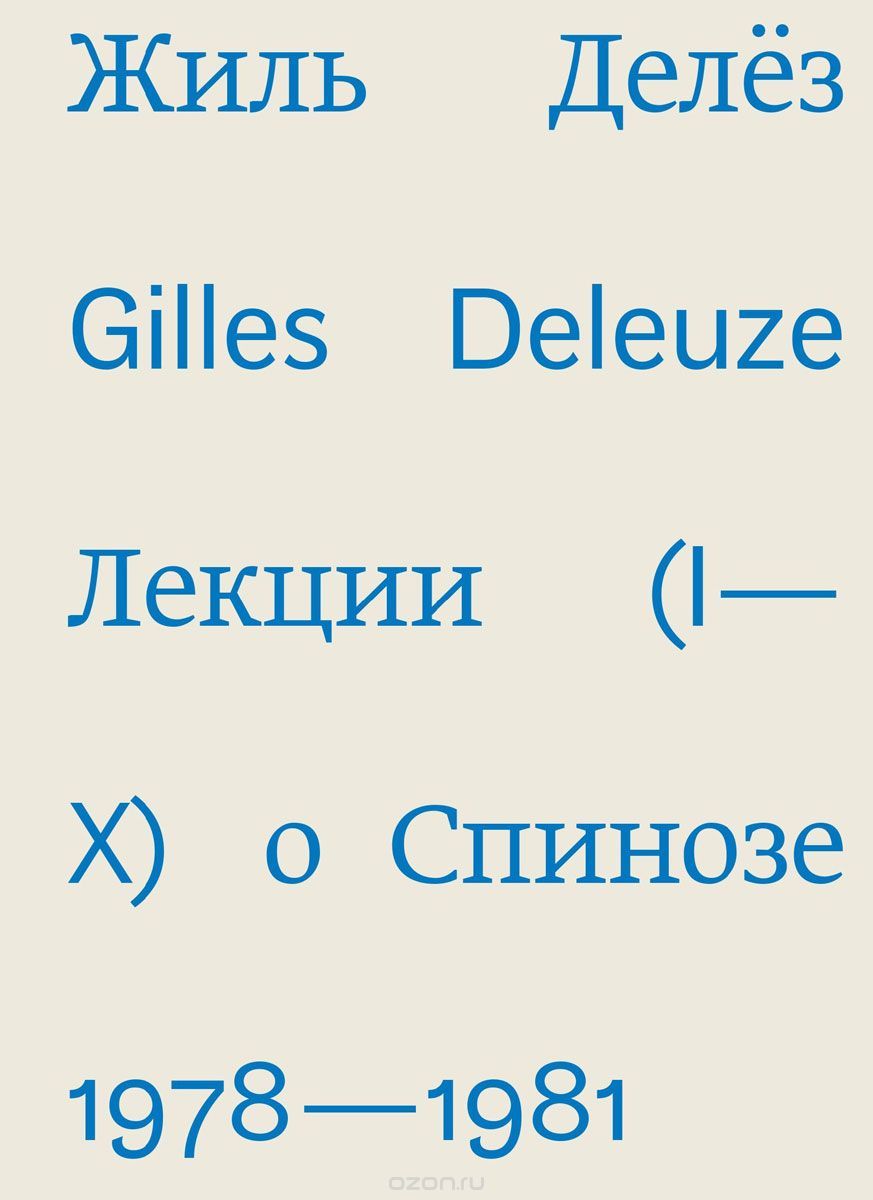
Лекции о Спинозе
2016

What Is Philosophy?
1991

Rizoma
Introducción
1976

Difference and Repetition
1968
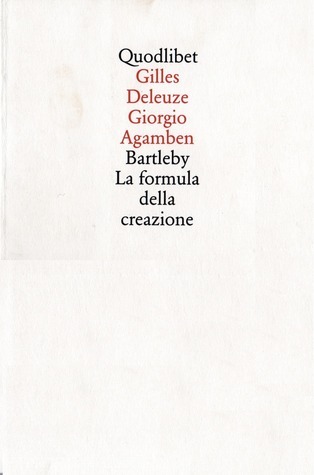
Bartleby. La formula della creazione
1993

Letters and Other Texts
2013

Quad
et autres pièces pour la télévision, suivi de : L'Épuisé par Gilles Deleuze
1992

The Logic of Sense
1969

The Time-Image
1985

Kafka
Toward a Minor Literature
1975
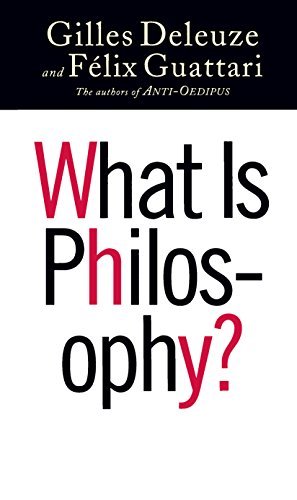
What Is Philosophy?
2014

Postscript on the Societies of Control
1990

Essays Critical and Clinical
1993

The Fold
Leibniz and the Baroque
1988

Bergsonism
1966

Pure Immanence
Essays on a Life
2001

Dialogues Ii
2002

ادراک، زمان و سینما
2011

Cinema 1
The Movement-Image
1983

Spinoza
Practical Philosophy
1970

On The Line
1983

Two Regimes of Madness
Texts and Interviews 1975-95
1975

می 68 در فرانسه
2011

Negotiations 1972-1990
1990

What is Grounding?
2015

How do you make yourself a body without organs?
2026

Kant Üzerine Dört Ders
1978

Foucault
1986

Lo strutturalismo
1967

Anti-Oedipus
Capitalism and Schizophrenia
1972
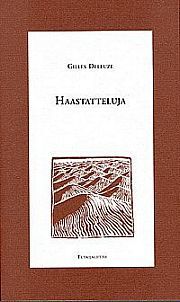
Haastatteluja
2005
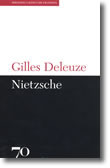
Nietzsche
1965

Spinoza Üzerine Onbir Ders
2008
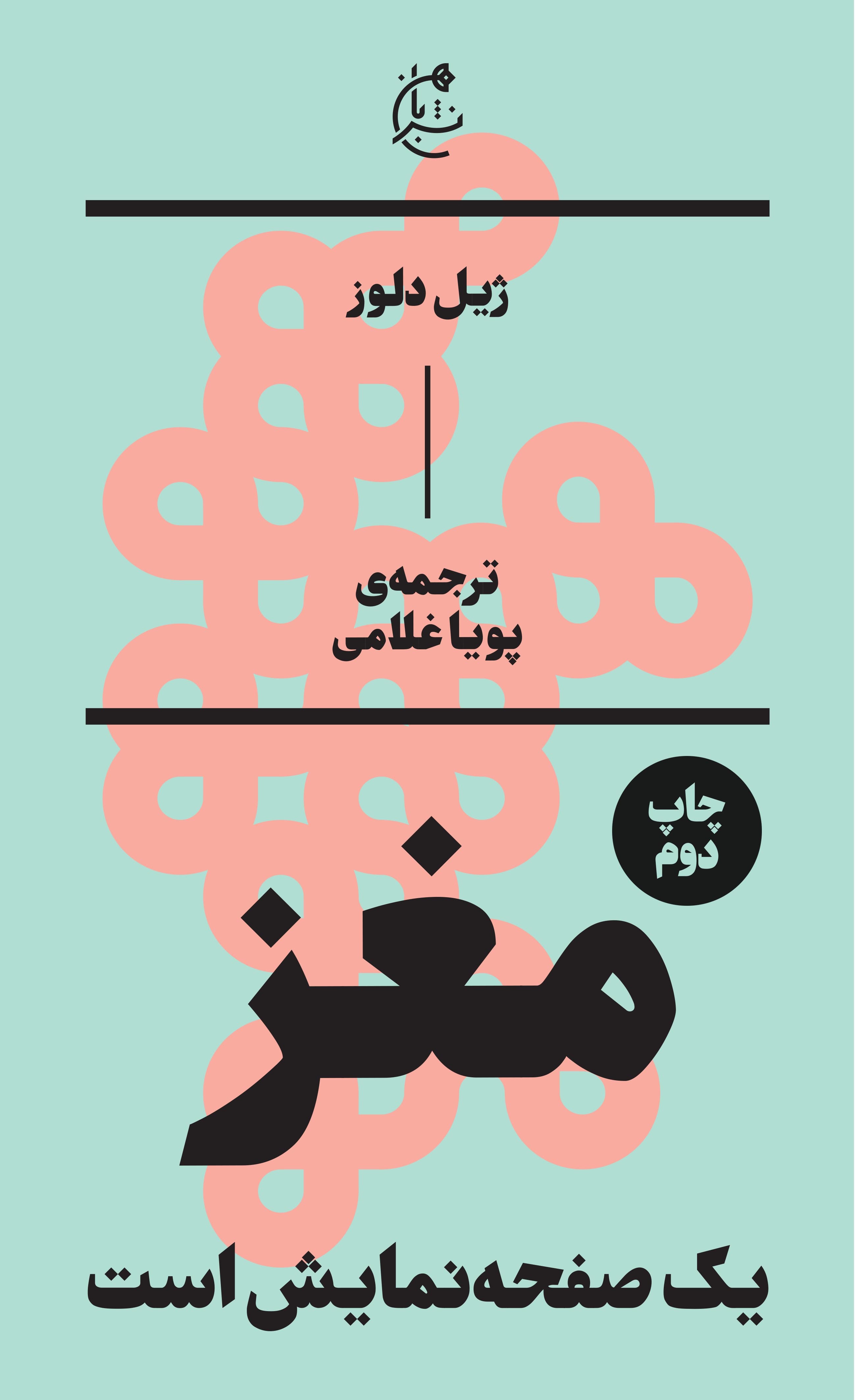
مغز یک صفحهنمایش است
2017

Sur Spinoza
Cours novembre 1980 - mars 1981
2010

ألف باء دولوز
2018

A Thousand Plateaus
Capitalism and Schizophrenia
1980

Empiricism and Subjectivity
1953

The Deleuze Reader
1993

Francis Bacon
The Logic of Sensation
1981

Proust and Signs
The Complete Text
1964

Expressionism in Philosophy
Spinoza
1968

